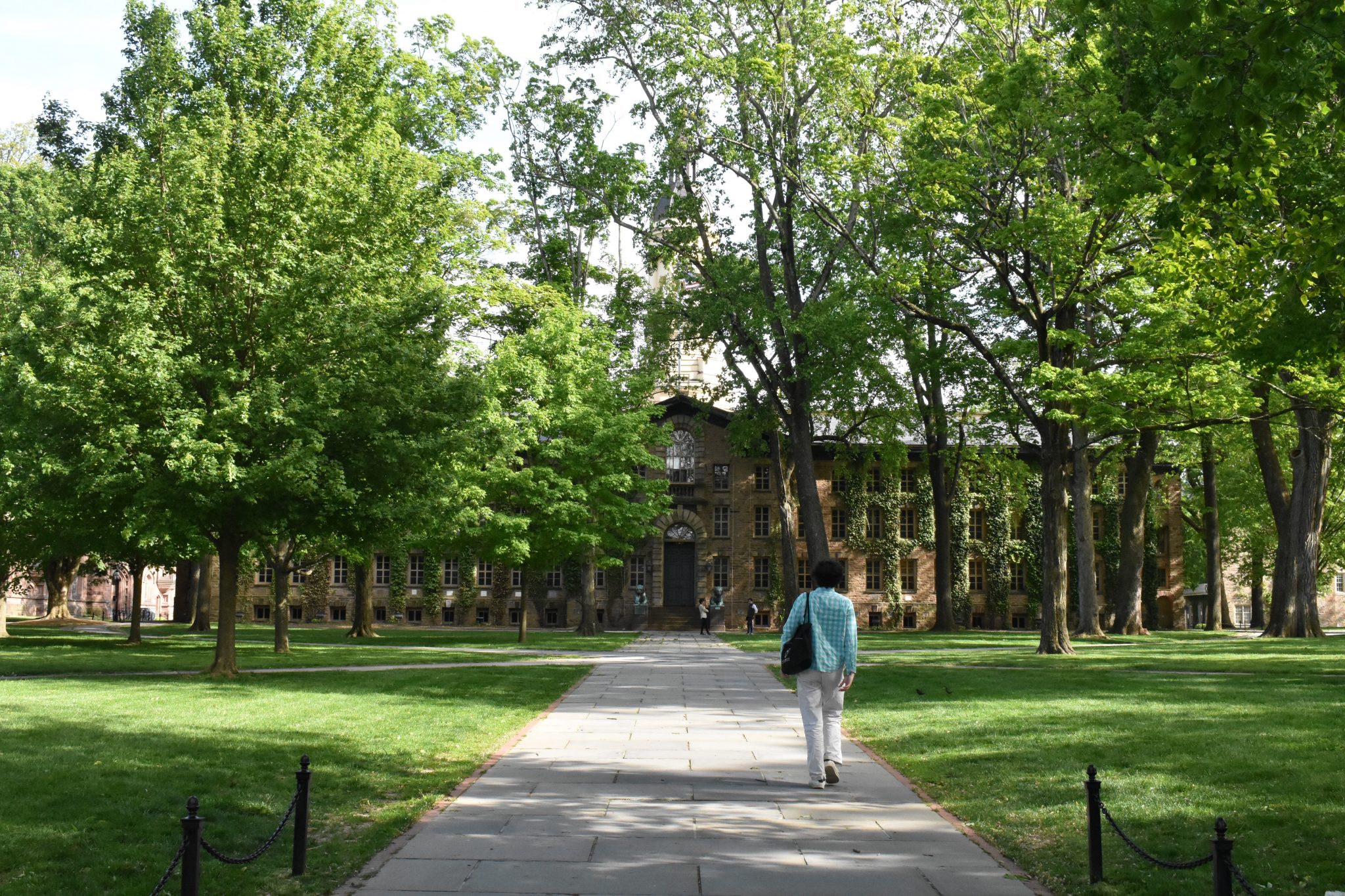Princeton University is no longer requiring mandatory masking in most areas of campus as the university has moved forward with loosening some of its COVID-19 restrictions.
The loosening of restrictions arrives as new guidance has been issued by the Centers for Disease Control and Prevention (CDC), and a decrease across the state in COVID-19 cases and hospitalizations from Omicron.
The university announced the changes on March 2. As of March 14, masks are no longer mandatory except in certain settings. According to the university, the certain instances where individuals would still need a mask would be where masks are still required by state and local agencies such as McCosh Health Center and TigerTransit; when people are instructed to do so by University Health Services following a recent positive test for COVID-19 or having been confirmed as a close contact; and when faculty or staff of classes, labs, or gatherings require those participating to wear a mask.
The university is currently on spring recess, which is set to conclude on March 19.
“Following spring break, we will implement a testing-in protocol for undergraduates,” Provost Deborah Prentice and Executive Vice President Treby Williams wrote in a letter to the university community. “All undergraduates will be required to submit a test within 24 hours of returning to campus, or within 24 hours of March 14 for those undergraduates who have remained on campus during break, and to wear a mask until they have received a negative test result.”
They added that undergraduates who receive a positive test result would be provided with isolation and masking instructions.
A changing in testing preceded the mask-optional approach that recently went into effect. Those who are up-to-date on on vaccinations and boosters won’t have to test weekly; instead that will change to monthly testing. This change went into effect on March 7.
However, those not fully vaccinated or boosted will have to still test weekly, according to the university.
“With this shift in testing, the asymptomatic testing program will be used primarily as a monitoring tool that will track the profile of the virus and its presence on our campus by testing a portion of all students, faculty and staff each week,” they wrote.
The university, on March 15, announced that the Princeton University community is 98% vaccinated and indicated that positive cases on campus have been mild.
Princeton will also no longer be utilizing the positivity rates as the primary metric for monitoring.
The COVID-19 dashboard the university has had available has been updated to included the booster vaccine rates on campus, campus case severity rating, total positive cases for symptomatic and asymptomatic cases.

